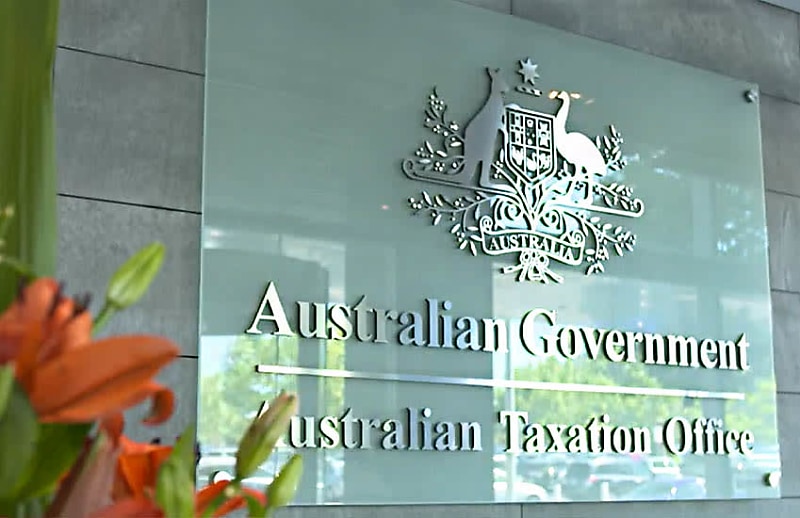3 more GST fraudsters sentenced under ATO’s Operation Protego
TaxThree more GST fraudsters have been sentenced under the ATO’s Operation Protego, with one offender raking in $1.1 million through fraudulent claims.

Three people have been sentenced for GST fraud under the ATO’s Operation Protego, which aims to prevent, detect, investigate and prosecute instances of serious financial crime.
“Where we see deliberate attempts to cheat the system, there will be severe consequences,” ATO Deputy Commissioner and Serious Financial Crime Taskforce (SFCT) Chief John Ford said.
“These crooks face long-term consequences. Not only do they need to repay the money, but they now have a criminal record set in stone, which may affect their ability to secure employment, obtain finance or insurance and travel overseas.”
Under Operation Protego, the ATO has applied treatment to over 57,000 alleged offenders, finalised 62 investigations and referred 52 briefs of evidence to the Commonwealth Director of Public Prosecutions.
As of 31 May 2025, 112 people have been convicted, with jail terms of up to 7 years alongside orders to restrain real property.
In June, Darnelle Te Kiri was sentenced to 17 months' imprisonment for fraudulently obtaining $202,936 through false business activity statements (BAS).
In 2021, Te Kiri registered an ABN for hospitality and bar work services and lodged 8 false BAS over 7 months, the ATO said. She claimed to have spent over $2 million in purchases despite reporting little to no income.
An ATO audit found no evidence of a legitimate business. Funds had been spent on rent, groceries, pubs and gaming.
She was released on $1,000 recognisance to be of good behaviour for two years, and ordered to repay the full sum she had fraudulently obtained.
Daniel Copeland was sentenced to three years’ imprisonment, to be released after 12 months, for obtaining over $1.1 million in fraudulent GST refunds. He submitted 23 false BAS for a plastering services business which, according to ATO investigations, did not exist.
Copeland used the funds for gambling, personal living expenses, accommodation and purchases at a car dealership, the ATO found.
He was released on $100 recognisance with a 5-year good behaviour mandate, a breach of which would require him to serve the remaining two years of his sentence.
The third fraudster, Tewhanaupani Nukunuku, was sentenced to two years and three months’ imprisonment to be released after nine months with a $1,000 recognisance and a two-year good behaviour mandate.
Nukunuku pleaded guilty to obtaining a financial advantage of $168,000 through fraudulent GST refunds, lodging six false BAS over six months. An ATO audit found that he was not in business and did not hold the necessary licenses to perform the work he had claimed to do.
He spent part of the money on luxury items, including retail goods and a car. The ATO ordered him to pay back the full $168,000.
Deputy Commissioner Ford said that the prosecutions demonstrated the ATO’s commitment to the Australian tax and super systems, underscoring the public benefit that tax revenue provides.
“GST fraud steals funds that could have been used to support community services such as healthcare, infrastructure and education, instead of funding offenders’ personal luxuries.”




